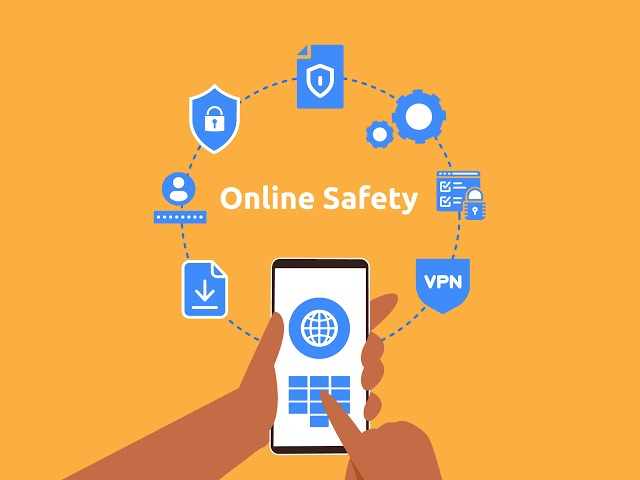
Stay Safe from Internet Banking Scams: Essential Tips to Protect Your OTP from Hackers
Created on 6 November, 2024 • Technolgy • 0 views • 2 minutes read
In today’s digital world, internet banking has revolutionized how we manage our finances, making it more convenient to transfer money, pay bills, and check balances. However, the convenience of online transactions also comes with the risk of cyber threats
1. Understand How OTPs Work and Why They Matter
One-time passwords (OTPs) add an extra layer of security to your online banking transactions. These are unique codes sent to your registered mobile number or email, which expire shortly after being issued. They’re meant to ensure that even if someone knows your banking credentials, they won’t be able to access your account without this code. Unfortunately, hackers employ various methods to intercept OTPs.
2. Common Tactics Used by Hackers
Phishing Attacks: Hackers trick you into revealing your OTP through fake emails, websites, or messages that appear legitimate.
SIM Swapping: Criminals impersonate you to get a replacement SIM card, giving them access to your OTPs.
Malware: Malicious software installed on your device can capture keystrokes or hijack OTP notifications.
3. Essential Tips to Stay Safe
a. Never Share Your OTP
This is the golden rule. No bank or financial institution will ever ask for your OTP over the phone, email, or text message. Be cautious of anyone requesting it, even if the message appears genuine.
b. Enable Two-Factor Authentication (2FA) Securely
While most banks enforce 2FA, you should also secure your other online accounts (like email) that may be linked to your banking activities. Use apps like Google Authenticator or Authy for extra protection.
c. Be Wary of Phishing Attempts
Inspect Emails and Links Carefully: Always check the sender's email address for authenticity and avoid clicking on links from unknown sources.
Verify Websites: Ensure the website URL starts with "https://" and displays a padlock icon in the address bar.
Stay Alert for Urgent Messages: Messages pressuring you to take immediate action are often scams.
d. Keep Your Devices Secure
Install Reliable Security Software: Use antivirus software to detect and block malware that could steal your data.
Update Your OS and Apps Regularly: Cybercriminals exploit outdated software to gain unauthorized access.
Avoid Public Wi-Fi for Banking: Public networks are not secure. Use a VPN if you must access internet banking in public spaces.
e. Use Strong and Unique Passwords
A strong password for your banking accounts is crucial. Use a mix of upper and lower case letters, numbers, and special characters. Avoid using easily guessable information like birthdays or pet names.
f. Activate Alerts and Notifications
Most banks allow you to receive alerts for every transaction. Enabling these can help you detect unauthorized activities quickly.
4. What to Do If You Suspect a Security Breach
Contact Your Bank Immediately: If you believe your account has been compromised or if you shared your OTP by mistake, report it to your bank right away.
Change Your Passwords: Update your online banking and associated email account passwords.
Monitor Your Account Closely: Keep an eye on your transaction history for any unusual activity.
5. Stay Educated and Aware
Cybersecurity is an evolving field. Stay updated on the latest scams and security measures. Your bank’s website or app might offer valuable information about new threats and how to combat them.
Conclusion Online banking is incredibly convenient, but it’s crucial to remain vigilant. By following these best practices, you can keep your financial information secure and out of the hands of hackers. Remember, staying informed and taking proactive measures are the best ways to defend against cyber threats.
If you found this post helpful, share it with friends and family to spread awareness about internet banking safety.
Popular posts
-
Coin Master free spins & coins daily links January 2023Games • 2,769 views
-
AI in Healthcare: Advancements and ChallengesTechnolgy • 1,609 views
-
7 Simple Steps to Rank Number 1 in Google SearchTechnolgy • 1,295 views
-
E-commerce EvolutionTechnolgy • 985 views
-